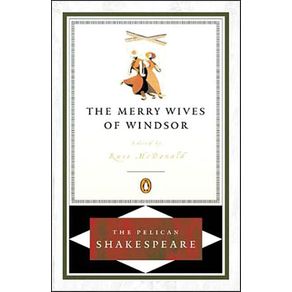Despite a consistent record of attracting appreciative audiences to the theater, 'The Merry Wives of Windsor' has not received as much favorable criticism as it merits. Focusing on the unconventional Sir John Falstaff--one of Shakespeare's most vivid creations, best known for his role as confidant to Prince Hal in the Henry IV plays--this witty and satiric farce is perhaps Shakespeare's most realistic comedy. Comparing Falstaff's role in the two genres, many critics have found the comic characterization somewhat weak; by concentrating almost exclusively on this perceived failing, they have often missed the structural strengths and coherent design of the play. R.S. White allusively draws on recent theories of literature, especially feministcriticism and reader-response theory, to illuminate and revalue this neglected play. Seeing Falstaff as a comic mirror of provincial society, he demonstrates how his behavior reflects the values of the town dwellers--notably, acquisitive capitalism and the tendency to treat women as property and marriage capital. His analysis reveals how Shakespeare's use of plot, character, and imperialist language highlights the political ramifications of the seemingly trivial story. White also presents the operatic adaptations of the play by Nicolai, Verdi, and Vaughan Williams as significant readings of the original as well as independent masterpieces. His study provides a cogent introduction to the general problems of interpreting Shakespeare in the present day as well as a fresh and insightful account of The Merry Wives of Windsor.



